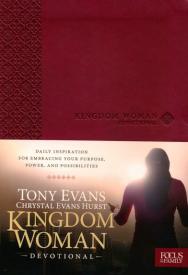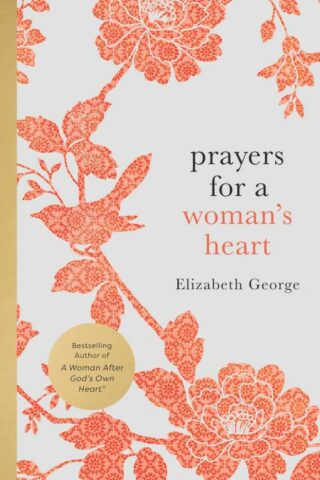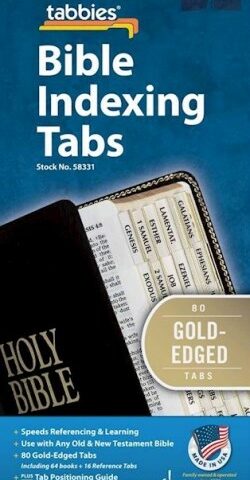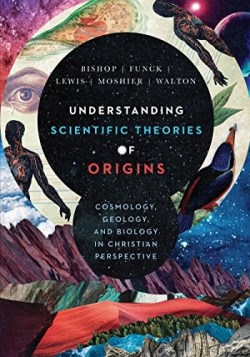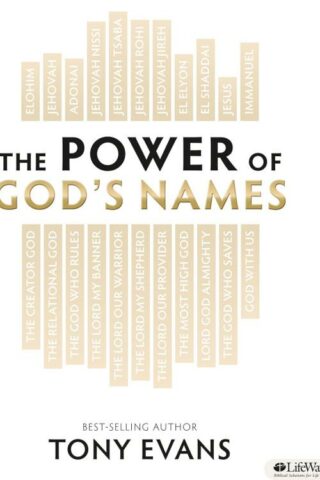Anthropology
Showing the single result
-
Understanding Scientific Theories Of Origins
$104.99List Of Figures
List Of Tables
List Of Sidebars
Introduction
AbbreviationsPart 1: Getting Started On The Journey
1. Principles And Methods Of Biblical Interpretation (John H. Walton)
2. A Comprehensive Doctrine Of Creation And Implications For Scientific Study (Robert C. Bishop)
3. Knowledge And Faith In Pursuing Origins Questions (Robert C. Bishop)
4. Creation Through The Lenses Of Science And Theology (Robert C. Bishop)Part 2: Cosmic Origins
5. Cosmic Origins: Genesis 1:1-2:4 (John H. Walton)
6. Electromagnetic Radiation And The Scale Of The Universe (Robert C. Bishop)
7. The Expanding Universe (Robert C. Bishop)
8. The Big Bang Model And Contemporary Cosmology (Robert C. Bishop)
9. Lives And Deaths Of Stars And Fine-Tuning (Robert C. Bishop)
10. Biblical And Theological Perspectives On The Origins Of The Universe (Robert C. Bishop)Part 3: Origin And Geologic History Of Earth
11. Origin Of The Earth And Solar System (Stephen O. Moshier)
12. Historical Roots Of Geology: Catastrophism And Uniformitarianism (Stephen O. Moshier)
13. The Genesis Flood (John H. Walton)
14. The Rock Cycle And Timescales Of Geologic Processes (Stephen O. Moshier)
15. Rocks Of Ages: Measuring Geologic Time (Stephen O. Moshier)
16. Plate Tectonics: A Theory For How The Earth Works (Stephen O. Moshier)
17. Reading Earth’s History In Rocks And Fossils (Stephen O. Moshier)
18. Biblical And Theological Perspectives On Earth History (Stephen O. Moshier And Robert C. Bishop)Part 4: Origin Of Life On Earth
19. From Spontaneous Generation To Abiogenesis (Larry L. Funck)
20. Prebiotic Chemistry: Preparing The Primordial Soup (Larry L. Funck)
21. Biological Information: Proteins And Nucleic Acids (Larry L. Funck)
22. Alternative Scenarios For Life’s Origin (Larry L. Funck)
23. Biblical And Theological Perspectives On The Origin Of Life (Larry L. Funck)Part 5: Origin Of Species And Diversity Of Life
24. Development Of The Theory Of Evolution (Raymond J. Lewis)
25. The Modern Synthesis Of Evolution (Raymond J. Lewis)
26. Exploring The Evidence About Evolution: Phylogeny And Fossils (Raymond J. Lewis)
27. Development Of An Extended Synthesis Of Evolution (Raymond J. Lewis)
28. Biblical And Theological Perspectives On The Origin Of The Diversity Of Life (Raymond J. Lewis And Robert C. Bishop)Part 6: Human Origins
29. Human Origins: Genesis 2-3 (John H. Walton)
30. Human Origins: Evidence From Physical Anthropology (Stephen O. Moshier)Additional Info
The question of origins remains a stumbling block for many. But just as the Psalmist gained insight into God’s character through the observation of nature, modern scientific study can deepen and enrich our vision of the Creator and our place in his creation. In this often contentious field Bishop, Funck, Lewis, Moshier, and Walton serve as our able guides.Based on over two decades of teaching origins together in the classroom, the authors present a textbook exploring mainstream scientific theories of origins in astronomy, cosmology, chemistry, geology, biology, physical anthropology, and genetics. While many authors engage origins from a Christian perspective, this is the first work offering a full-fledged discussion of the scientific narrative of origins, from the Big Bang through humankind, accessible to a lay audience in biblical and theological perspective.
Topics include
Principles of biblical interpretation
Close readings of relevant Genesis texts
A comprehensive Trinitarian doctrine of creation
Cosmic origins
The geologic history of Earth
The origin of life on Earth
The origin of species and diversity of life
Human origins
New creation and creation care
Science educationRather than the familiar scenario where science and faith compete, this book seeks to diffuse tensions by taking the inspiration and authority of the Bible seriously while respecting and honoring God’s revelation through creation. Understanding Scientific Theories of Origins gives the reader a detailed picture of the sciences of origins along with how they fit into the story of God’s creative and redemptive action.
Add to cartin stock within 3-5 days of online purchase

 Cupcake (Large T-Shirt)
Cupcake (Large T-Shirt)
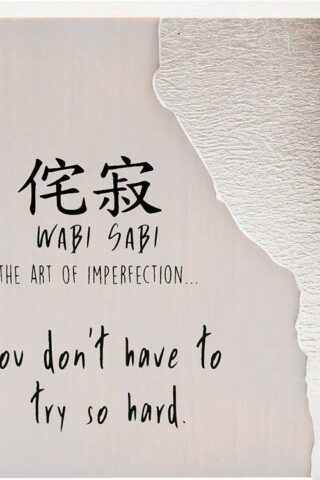 Wabi Sabi The Art (Plaque)
Wabi Sabi The Art (Plaque)
 Birthday Tony Evans
Birthday Tony Evans
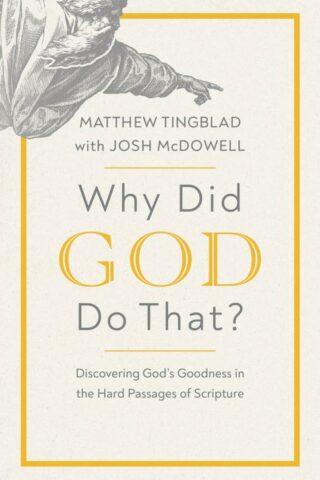 Why Did God Do That
Why Did God Do That
 Peace On Earth
Peace On Earth
 Adventure Bible Full Color
Adventure Bible Full Color
 Where I Started From
Where I Started From
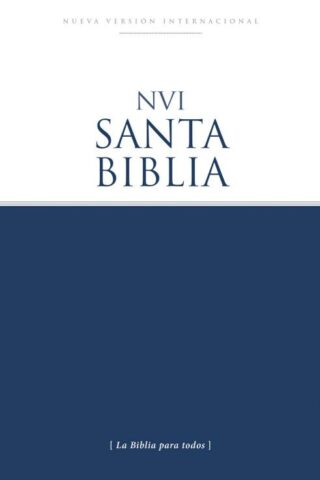 Economy Edition Bible
Economy Edition Bible
 4 Cross Spinner Isaiah 41:10 (Size 11 Ring)
4 Cross Spinner Isaiah 41:10 (Size 11 Ring)
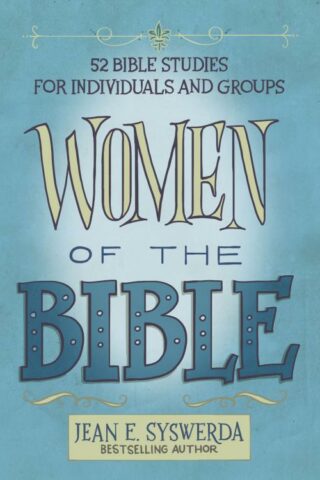 Women Of The Bible
Women Of The Bible
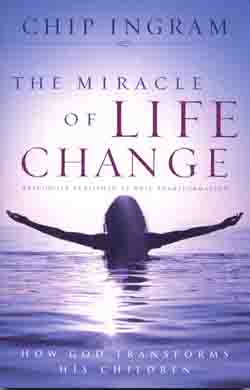 Miracle Of Life Change
Miracle Of Life Change
 Lifer
Lifer
 Graduation
Graduation
 Quest For Joy
Quest For Joy
 Greater Things
Greater Things
 Marvin And The Explosive Experiment
Marvin And The Explosive Experiment
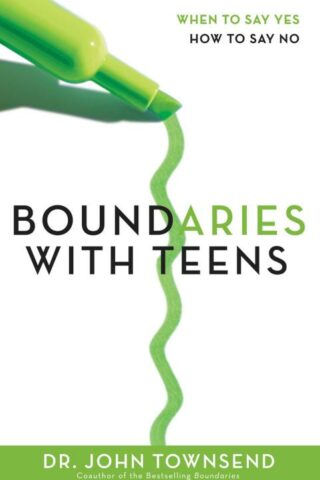 Boundaries With Teens
Boundaries With Teens
 Be Strong And Courageous Convertible Backpack
Be Strong And Courageous Convertible Backpack
 War Room Difficult Times
War Room Difficult Times
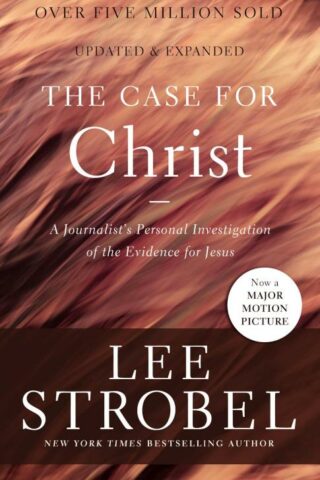 Case For Christ (Revised)
Case For Christ (Revised)
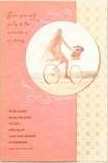 Encouragement Jesus Calling 3 Pack
Encouragement Jesus Calling 3 Pack


